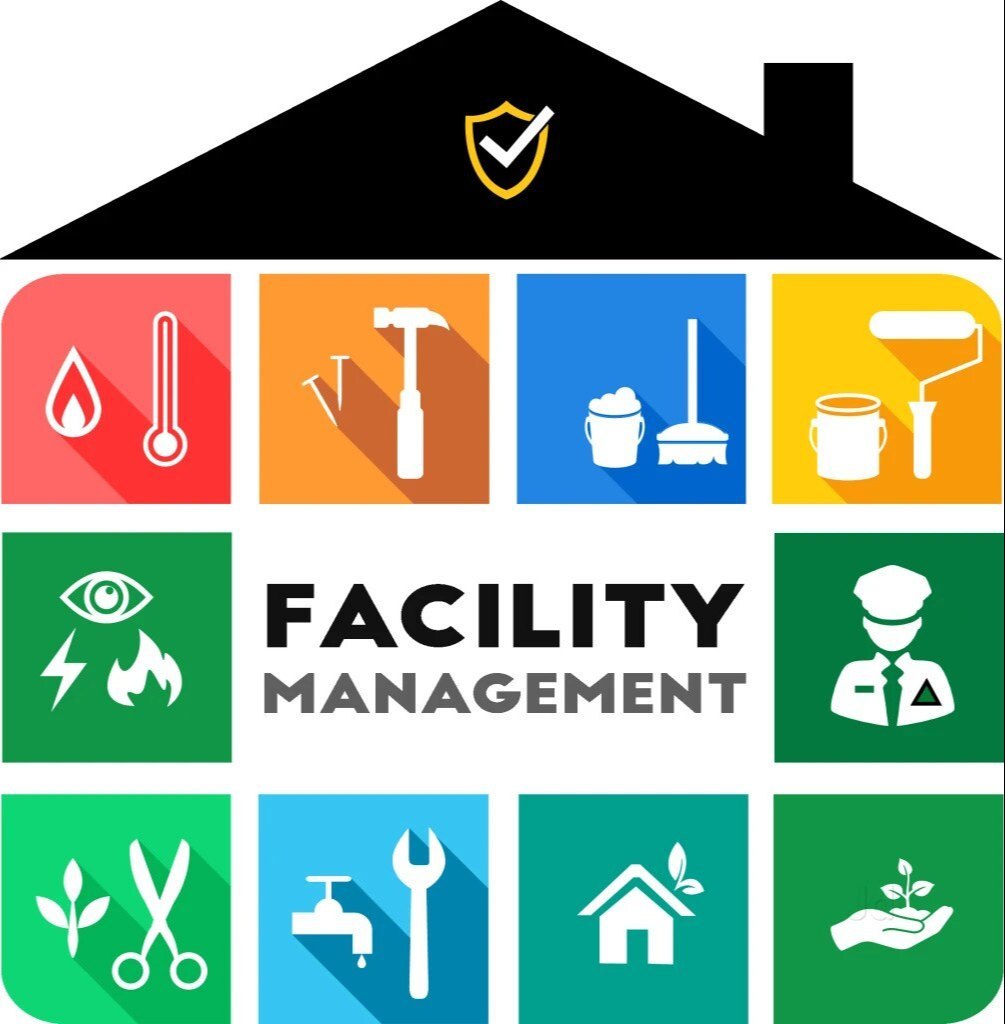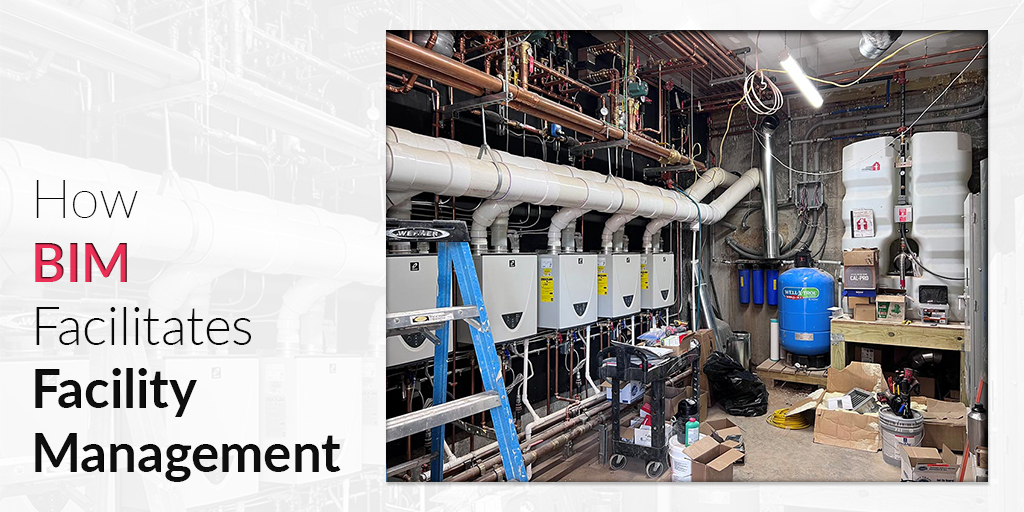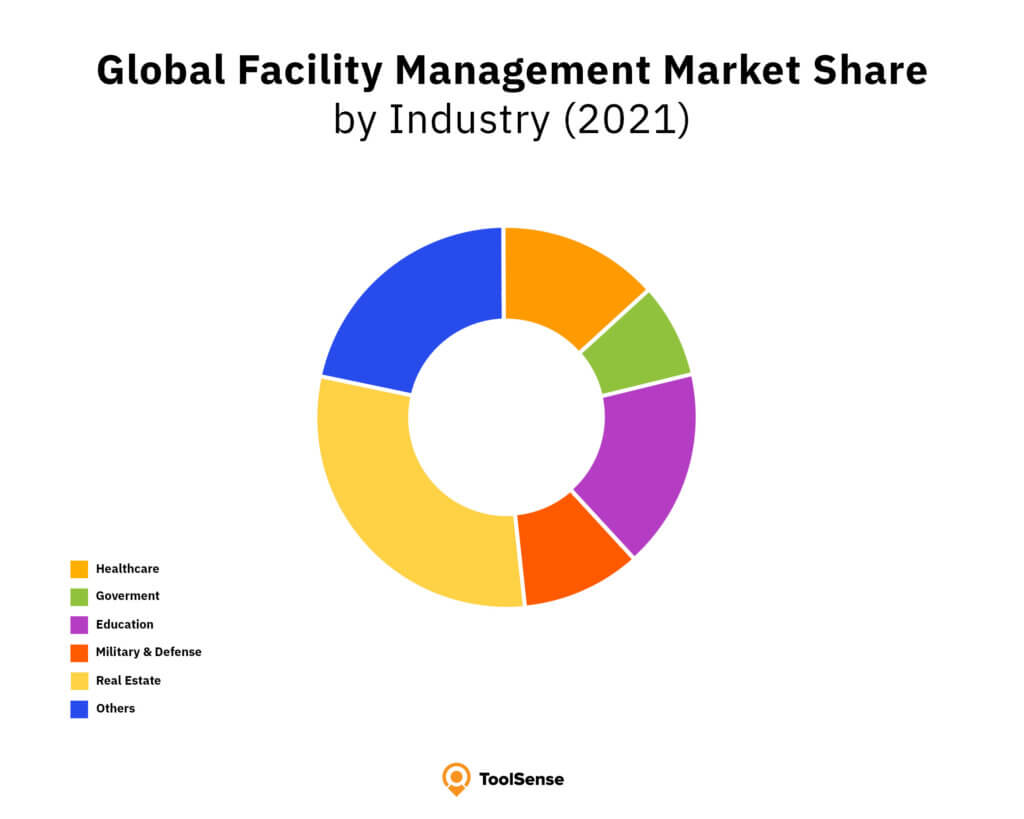Comprehensive Guide to Facility Management for Businesses
Comprehensive Guide to Facility Management for Businesses
Blog Article
Key Trends Shaping the Future of Center Administration in 2024
As we expect 2024, the landscape of facility administration is poised for considerable change, driven by a number of essential trends. The integration of wise building modern technologies and a shift towards data-driven decision-making promise to boost functional efficiency while focusing on sustainability in method. The introduction of hybrid work versions is improving workplace settings, demanding ingenious style services that cater to developing staff member needs. In the middle of these changes, the emphasis on passenger wellness continues to gain grip, highlighting the significance of a healthy work environment. Just how these trends will manifest in practice remains a vital concern for industry professionals.
Smart Building Technologies

Smart structure innovations include a wide array of systems, consisting of smart illumination, cooling and heating controls, and safety systems. By integrating these systems, facility supervisors can check and change specifications in real-time, bring about considerable reductions in power waste and operational expenses. Clever sensors can identify tenancy levels and readjust lighting and temperature appropriately, making certain that power is only used when required.
Moreover, these technologies facilitate enhanced data collection, enabling organizations to track usage patterns and determine possibilities for more renovations. The implementation of clever structure innovations not just adds to sustainability goals however likewise produces healthier workplace that can boost worker efficiency and satisfaction.
As we relocate into 2024, the fostering of wise structure modern technologies will likely increase, showing a wider shift in the direction of more intelligent, receptive, and lasting facility management practices.
Data-Driven Choice Making
Increasingly, organizations are leveraging data-driven choice making to improve center administration techniques. By harnessing data analytics, facility managers can derive actionable insights that substantially improve operational performance and source allotment. The assimilation of innovative technologies, such as IoT sensors and real-time monitoring systems, allows the collection of huge amounts of information on building efficiency, tenancy prices, and power consumption.
This wide range of info permits facility managers to recognize fads, predict maintenance requirements, and proactively address issues prior to they escalate. For example, anticipating analytics can forecast tools failures, reducing downtime and repair expenses. In addition, data visualization tools promote much better communication amongst stakeholders, ensuring that informed choices are made collaboratively.
In addition, data-driven strategies improve critical planning by allowing facility managers to assess the efficiency of present practices and make informed selections regarding investments in technology or facilities. As organizations significantly prioritize operational excellence, data-driven choice making is poised to come to be a foundation of effective facility monitoring strategies in resource 2024 and past. Ultimately, the capacity to utilize data efficiently will equip organizations to create extra efficient, effective, and resistant facilities.
Sustainability and Environment-friendly Practices
The emphasis on data-driven decision making naturally lines up with the expanding focus on sustainability and environment-friendly practices within facility administration. As companies increasingly prioritize ecological responsibility, facility managers are leveraging analytics to enhance source usage, decrease waste, and decrease carbon footprints. This calculated technique allows the assimilation of energy-efficient systems, such as LED illumination, wise heating and cooling controls, and eco-friendly power sources right into center procedures.
Moreover, the execution of lasting methods extends past energy consumption. Facility supervisors are adopting eco-friendly materials and advertising reusing initiatives to create a circular economy within their centers. This not only enhances the ecological account of the company but likewise promotes a society of sustainability among staff members.
Compliance with ecological regulations is one more essential facet driving the adoption of green practices. By making use of information analytics, facility supervisors can keep an eye on conformity metrics and determine locations for enhancement, making sure adherence to global and local sustainability requirements.
Hybrid Work Models
A significant change in the direction of hybrid job designs is improving the landscape of center monitoring in 2024. This paradigm incorporates in-office and remote job, requiring a their website reevaluation of room use, resource allocation, and employee interaction methods. Organizations are significantly recognizing the relevance of flexible offices that accommodate diverse needs and choices.
Center managers have to adjust by executing flexible workplace styles that support collective initiatives while supplying areas for focused job. This includes the integration of technology to assist in seamless communication and cooperation amongst in-office and remote staff members. Smart structure options, furnished with sensors and analytics, enable real-time monitoring of room use, enabling companies to optimize their environments successfully.
In addition, crossbreed job designs highlight the need for efficient facility administration that focuses on worker experience. In significance, the hybrid work design is revolutionizing center administration, encouraging an aggressive method to satisfy the advancing needs of the workforce.
Improved Passenger Wellness
As companies accept hybrid work models, an enhanced concentrate on owner wellness is ending up being essential to facility management methods. Facility Management. This shift recognizes that a healthy and completely satisfied workforce directly influences performance and retention rates. Facility supervisors are now focusing on atmospheres that promote physical and mental well-being, integrating components such as all-natural lighting, biophilic design, and available wellness sources

Technology plays an important role in this development. Smart building systems can check ecological variables and adjust setups in real-time, making certain optimum convenience levels - Facility Management. In addition, feedback devices, such as tenancy sensors and staff member surveys, permit center supervisors to continually improve wellness efforts based upon resident needs.

Verdict
In 2024, the future of this article facility management will be substantially affected by the assimilation of clever building technologies and data-driven decision-making, fostering boosted functional efficiency. These fads collectively highlight the advancing landscape of facility administration in reaction to modern obstacles and chances.
Facility managers are taking on green products and advertising recycling initiatives to develop a round economic climate within their facilities.A significant change towards crossbreed job designs is improving the landscape of center administration in 2024.In addition, hybrid work models highlight the requirement for efficient facility administration that prioritizes employee experience.As organizations accept hybrid work versions, an enhanced focus on owner wellness is ending up being integral to center management techniques.In 2024, the future of center management will be substantially influenced by the integration of smart building technologies and data-driven decision-making, cultivating improved operational effectiveness.
Report this page